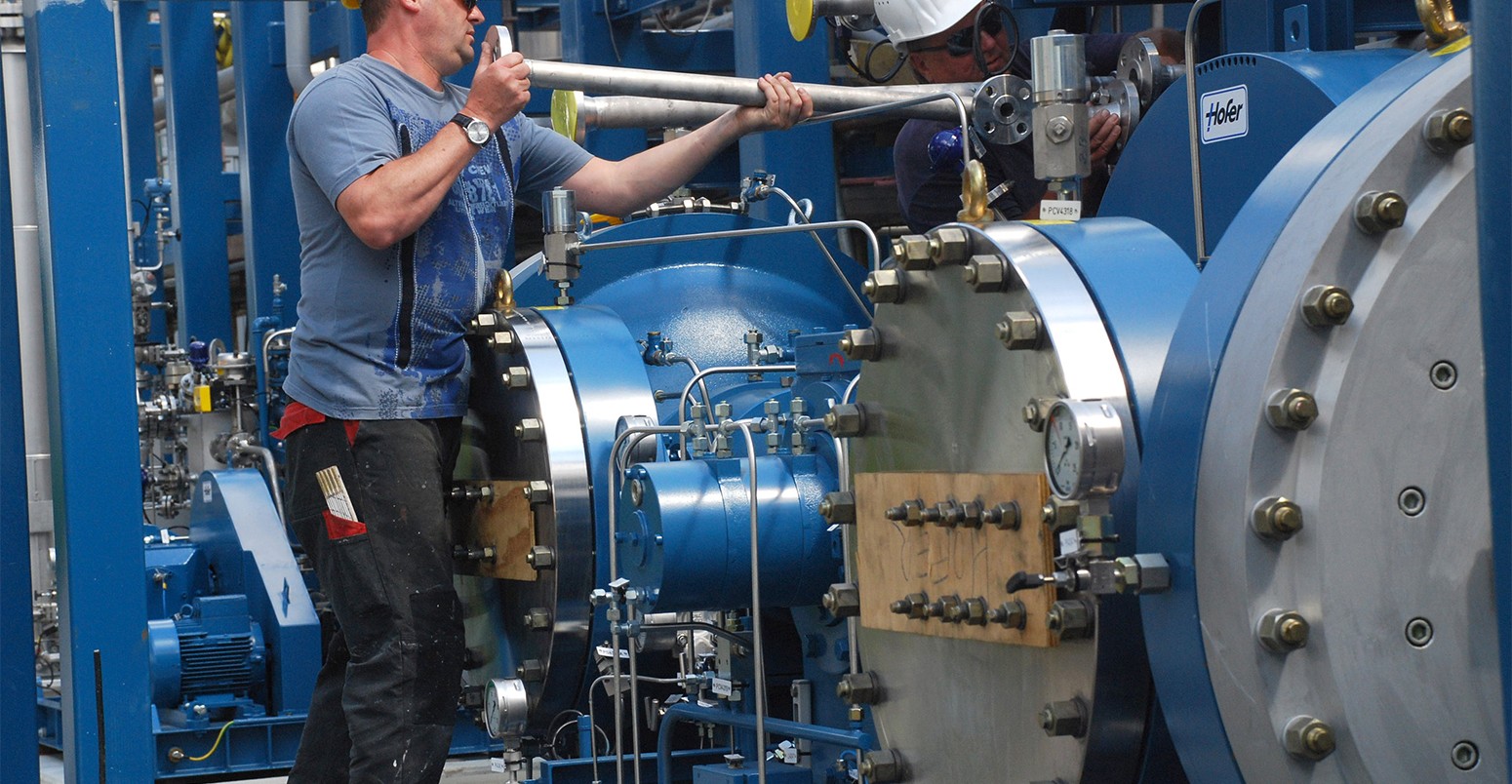
Carbon capture delay ‘could add £20bn’ to UK climate costs
Simon Evans
01.20.16Simon Evans
20.01.2016 | 10:00amA ten-year delay to the deployment of carbon capture and storage (CCS) technology could add billions each year to the cost of decarbonising the UK economy during the 2020s, new analysis suggests.
A delay from 2020 to 2030 could increase the cost of meeting UK carbon budgets by £1-2bn per year, the Energy Technologies Institute (ETI) says, in a letter to the House of Commons select committee on Energy and Climate Change (ECC).
The letter says:
We have compared [a 10-year delay scenario] against our previous baseline case in which CCS is deployed from the early 2020s…Delaying the development of CCS in the UK by ten years has a high chance of significantly increasing the cost of carbon abatement to the UK economy. Delay adds an estimated £1-2bn per year throughout the 2020s to the otherwise best achievable cost for reducing carbon emissions (an increase of 15-25% above the baseline).
The committee is conducting an inquiry into the future of CCS in the UK, following November’s government decision to cancel a manifesto commitment to invest £1bn in commercialising CCS. Energy and climate secretary Amber Rudd admits in a separate letter to ECC that the decision means the UK could lose out on at least €300m of EU funding.
Earlier this month, prime minister David Cameron told MPs that CCS remained too expensive and said ending support was the “right decision”.
The Committee on Climate Change said last October that the cost of CCS could fall from £170 per megawatt hour (MWh) to £100/MWh by the mid-2020s, if government support continued.
David Cameron to MPs: CCS would cost £170/MWh CCC: It could get down to £100/MWh *if govt support continued* pic.twitter.com/GQEnmKxjcc
— Simon Evans (@DrSimEvans) January 13, 2016
Previous analysis from the ETI, a public-private energy and engineering partnership backed by the UK government, found the long-term costs of decarbonising the UK would double without CCS. The Department for Energy and Climate Change (DECC) cited this analysis as recently as October, saying it showed why CCS was “vital”.
Prof Jon Gibbons, director of the UK CCS Research Centre says it is “highly unlikely” that post-2050 carbon targets will feasible “at any price”, if CCS is unavailable. Separate analysis has shown that CCS is “essential” if the UK is to exploit shale gas in a climate-friendly fashion.
David Clarke, ETI chief executive tells Carbon Brief their analysis is based on modelling the cheapest path to meeting carbon targets across the heat, transport and power sectors. The model uses a spread of cost assumptions for each technology based on a mix of published data, unpublished material from businesses and the ETI’s own data gathering efforts.
He says: “I would view CCS as a crucial part of the lowest cost path for the future…It isn’t just about the power sector, but also about industry.”
The modelling uses technology-specific assumptions about how quickly costs can be reduced as sectors mature. However, it ignores the higher costs for first-of-a-kind developments and the costs imposed by policy uncertainty.
Jo Coleman, ETI strategy development director, tells Carbon Brief the modelling also accounts for system costs. For example, she cites the reduced operating hours for gas plants, which do not run when the wind is blowing or the sun shining.
These costs are highly dependent on the sort of electricity system you build and how able it is to respond to changing supplies, for instance, through demand response or energy storage. The Department for Energy and Climate Change (DECC) is trying to establish the likely level and impact of system costs in a study due to be published later this year.
The ETI’s CCS-delay scenario includes additional investments in backup capacity and offshore wind, compared to the alternative with more rapid deployment of CCS. These different paths share similarities with the ETI’s “Patchwork” and “Clockwork” scenarios published early last year, Coleman says.
Update 17:00 – we added details of the ETI’s modelling approach.

